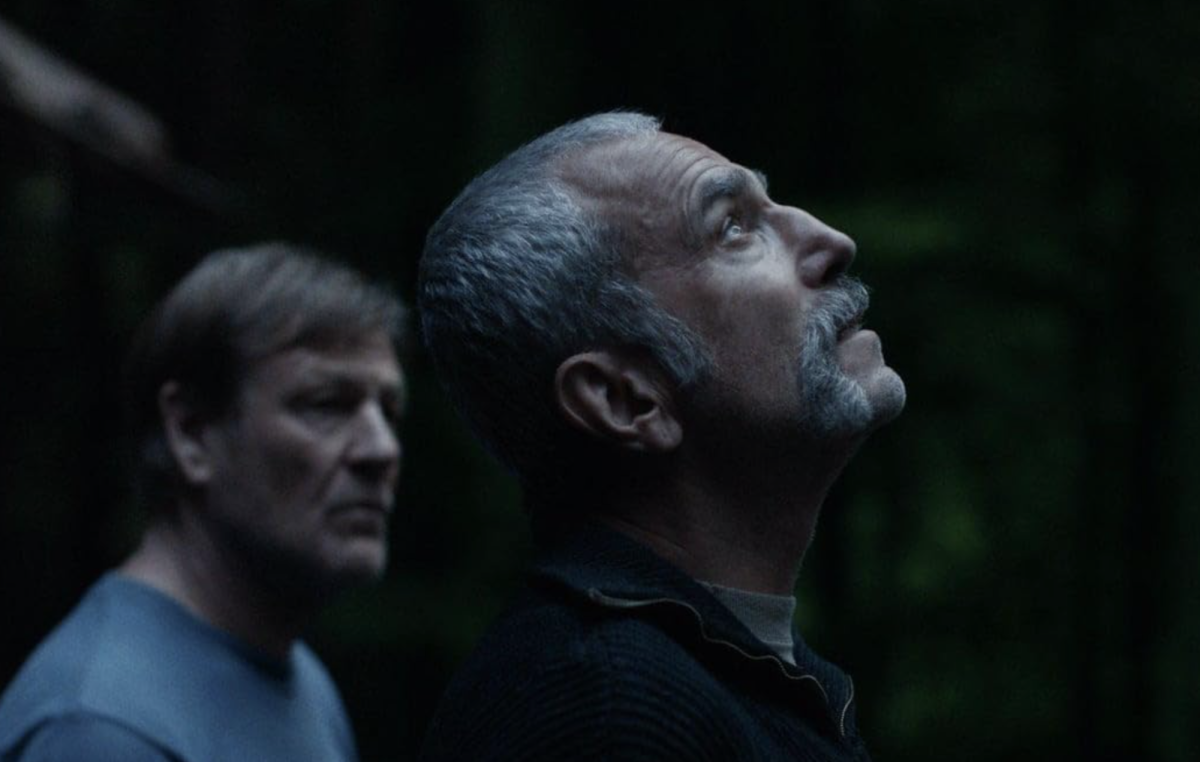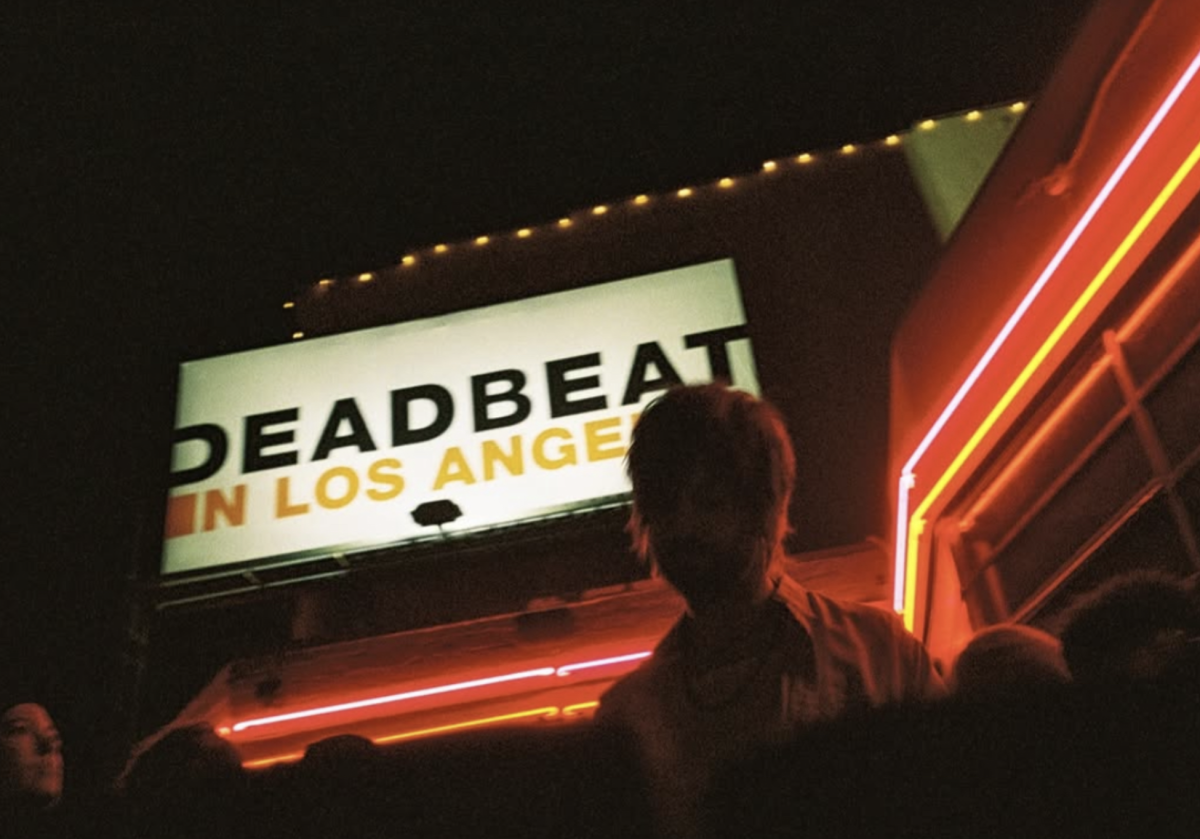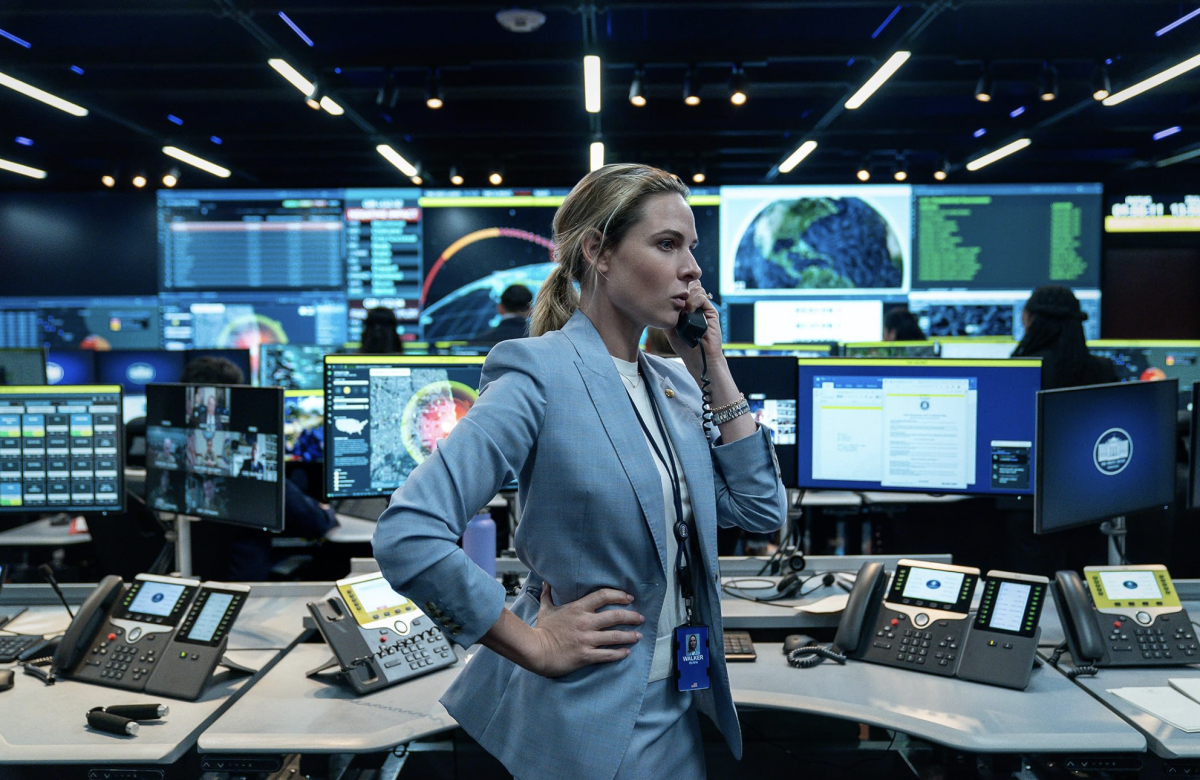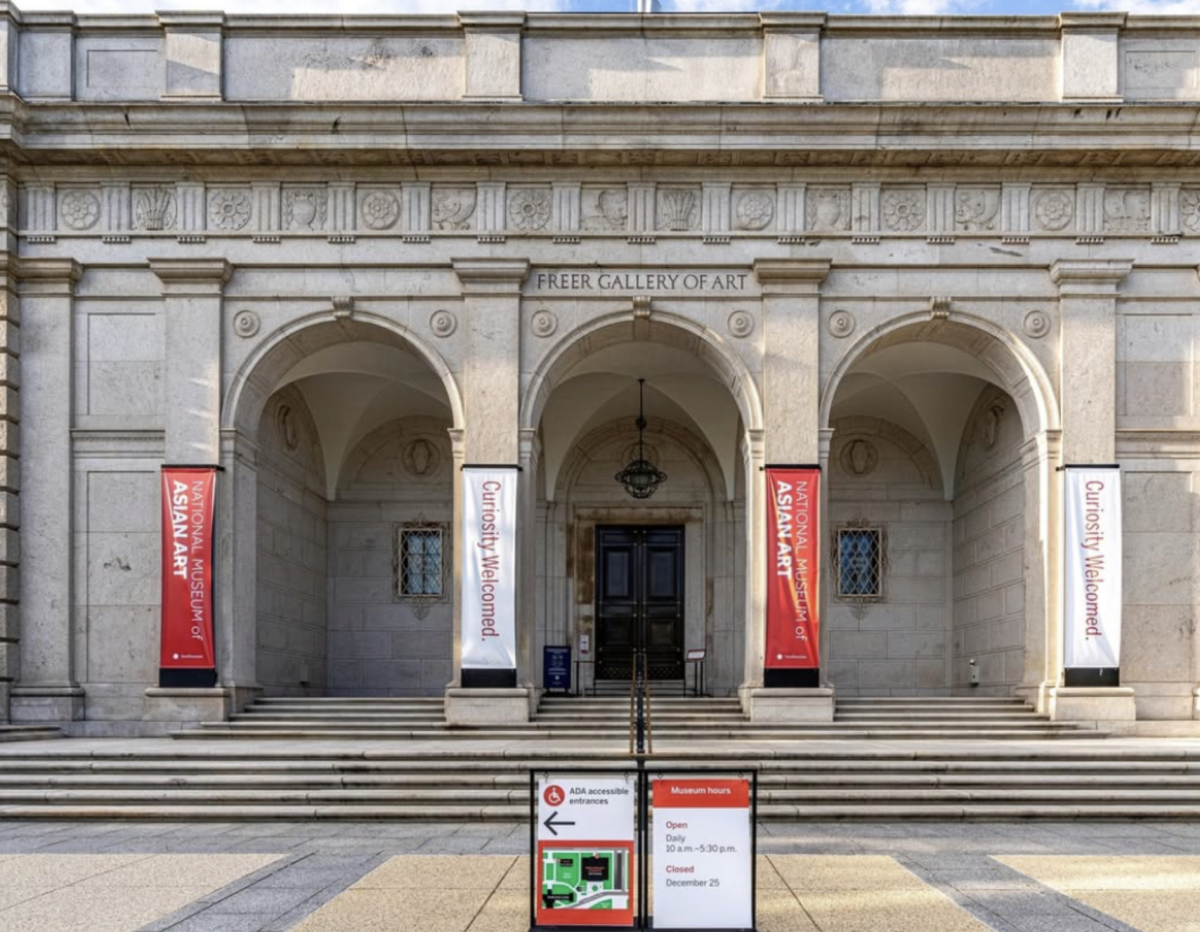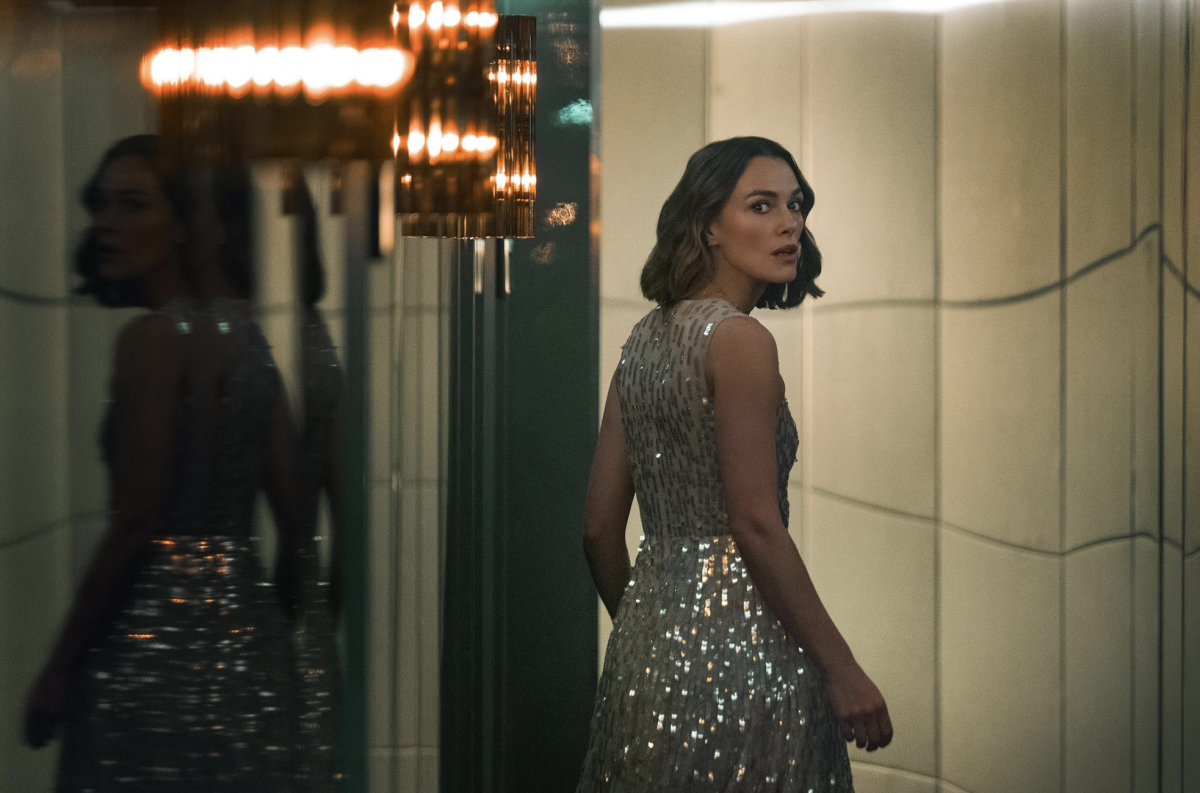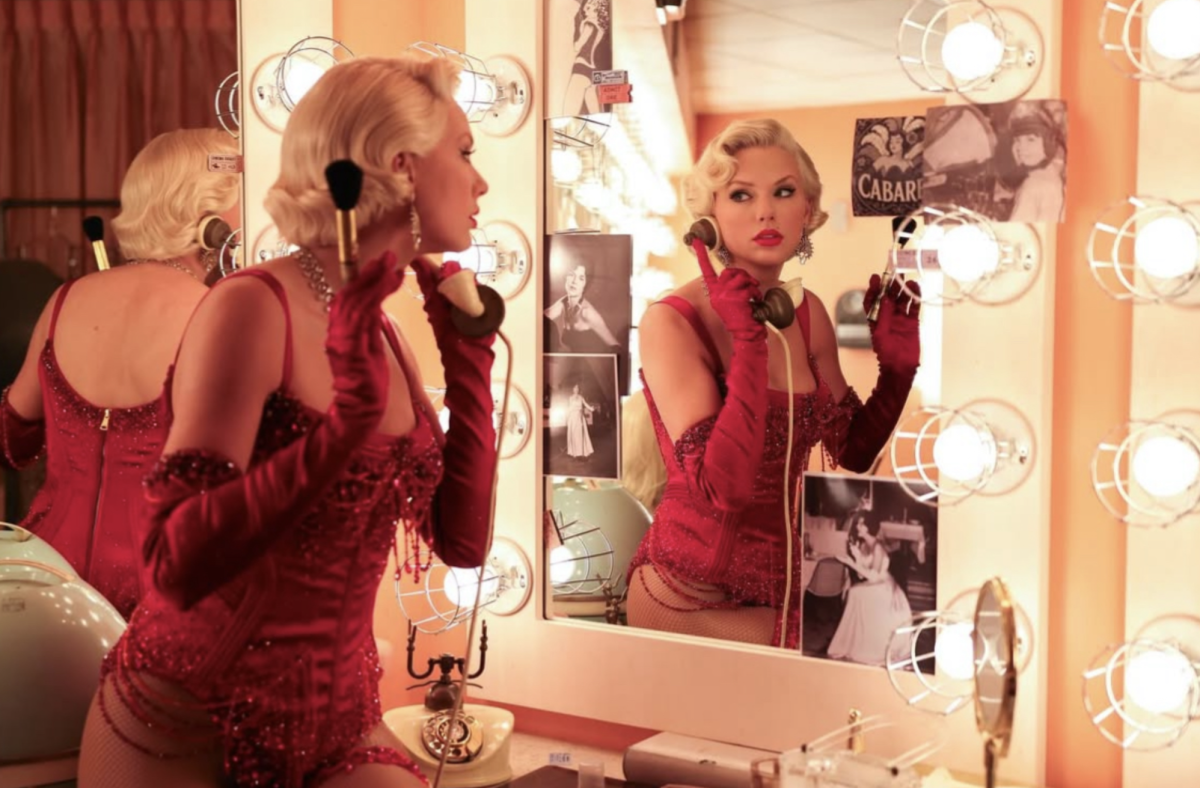
Entering the theater for “Anemone,” I had high expectations both because of its gorgeously cinematic trailer and actor Daniel Day-Lewis’ superb record.
The film, directed by Ronan Day-Lewis in his feature debut, delivers on a haunting performance by Daniel Day-Lewis and Ben Fordesman’s breathtaking cinematography. However, the film’s lackluster writing and one-sided dialogue ultimately produces an underwhelming experience.
“Anemone” follows the story of Ray (Daniel Day-Lewis) as he struggles with guilt and isolation in present-day Northern England. The film opens with Jem (Sean Bean), leaving his wife, Nessa (Samantha Morton), and their son, Brian (Samuel Bottomley), to confront his brother Ray about his past. He finds Ray living in self-imposed exile in the woods reluctant to offer any information, as he struggles with guilt and isolation. The set up for their story is aptly created — the scenery reflects the churning and intense contemplation of Ray’s experiences, and the vivid darkness of the sky stands in stark contrast to the intense green of the grass surrounding Ray’s home.
These elements contribute to the overall strength of the cinematography as one of the most striking components of the film. However, these strengths also represent a struggle. The film’s many panoramic scenes of the English coast and slow-motion shots of the film’s characters interrupt the pacing of its action, causing long stretches of time between actual character interactions. In important parts of the plot — such as when Jem attempts to convince Ray to come home and connect with Brian, who has been struggling with his mental health — the script falters.
However, the film’s actors have several standout moments. Daniel Day-Lewis’ time on screen mostly consists of long and emotionally intense monologues in which Ray shares the particularly poignant, traumatic points of his life. His magnetic speeches, which had me constantly on the edge of my seat, are Oscar-worthy. However, it seems as if the entire film only builds around Daniel Day-Lewis’ haunting monologues, creating an experience with less substance than one would hope. Bean as Jem, while making the most of his comparatively few lines, often solely reacts to Daniel Day-Lewis’ performances rather than building a performance of his own.
Beyond Ray, other characters have changing developments, resulting in an intriguing plot. For Brian’s character, he struggles with controlling his anger, a result of the incessant bullying he faces from his peers regarding his father’s past. As Brian confronts Nessa about his father’s past and involvement in their family, she reveals that she also does not know why Ray, a successful lieutenant in the army, left his position and, eventually, them. While the story itself is straightforward, the film interjects random moments of supernatural imagery. Ray has never met Brian, and these moments could very well represent their spiritual connection, though a real one was never formed. While these moments added some confusion to the film, they did not take away from its breathtaking cinematography. Though it occasionally feels more like a music video, the film’s visual composition is stunning, with gorgeous landscape panoramas accented by composer Bobby Krlic’s dramatic score.
The final scene seems to tie these points together. In a final haunting monologue, Ray explains to Jem what happened: while stationed, Ray had to witness a botched bombing, leading him to shoot one of the injured men. Ray’s superiors deemed his actions a war crime and dismissed him from the army, and Ray’s inability to cope with his trauma and hurt pride ultimately resulted in his seclusion. After Jem successfully convinces Ray to return, the final scene depicts Ray seeing Brian for the first time, as he had left Nessa during her pregnancy and had not seen either of them since.
Even with these strengths, unfortunately, it seems as if “Anemone” was made purely to remind audiences of Daniel Day-Lewis’ talent after his eight-year hiatus since the 2017 film “Phantom Thread.” It’s a testament to Daniel Day-Lewis that he’s able to piece together his wonderful performance as Ray with the minimal plot and numerous scenic shots.
While “Anemone” may not be one of the most riveting or cohesive films to come out this year, it is still a worthy watch for anyone with an admiration for superb acting or an eye for beauty. As a feature-length debut, however, “Anemone” ultimately displays director Ronan Day-Lewis’ potential, and I believe that any future projects will only develop his obvious, budding talent.


